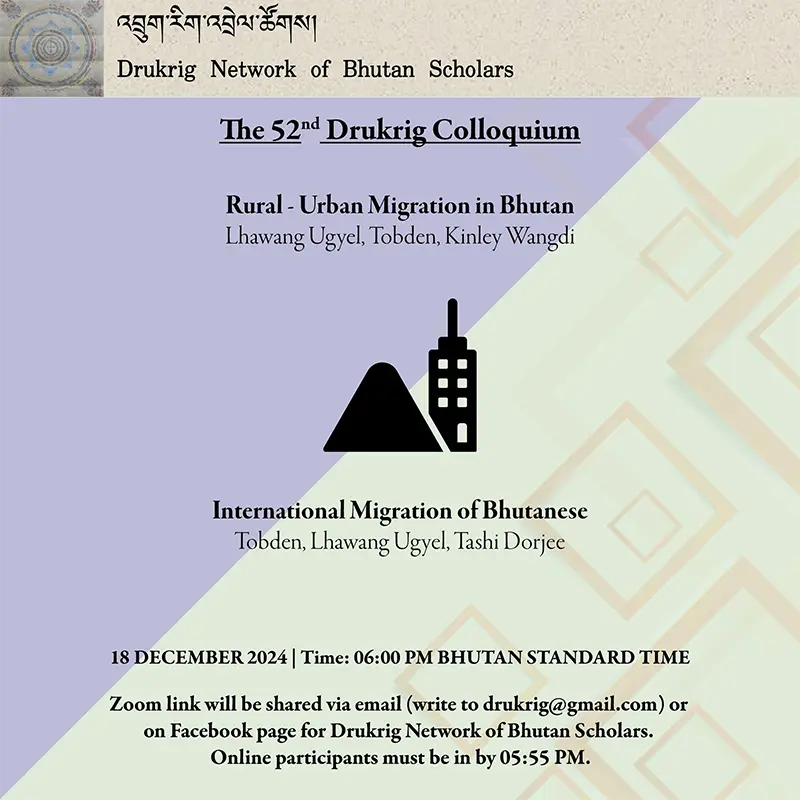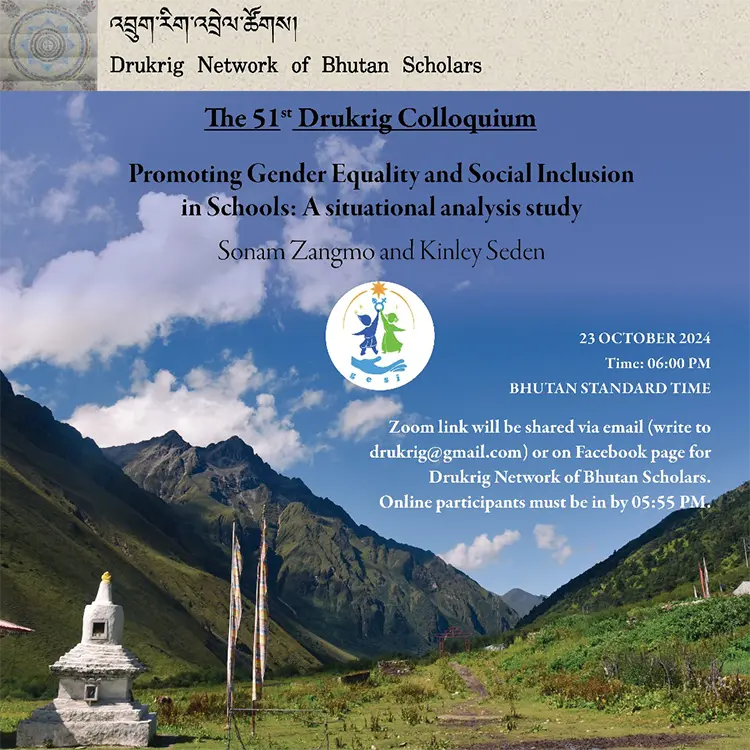The phonetics of the four-way stop contrast in Dzongkha & Some thoughts on Tshanglalo
This session delves into the linguistic intricacies of Dzongkha, Bhutan's national language. The first part focuses on the phonetics of the four-way stop contrast in Dzongkha, examining how the language handles specific consonantal contrasts and the role of pitch, aspiration, and articulation in distinguishing sounds that are pivotal to meaning. The session explores the unique phonetic features of Dzongkha and their impact on communication, highlighting the complexity of this language. The second part shifts to Tshanglalo, a dialect spoken in the eastern regions of Bhutan. This section reflects on the linguistic characteristics and social significance of Tshanglalo, considering its role in Bhutan's rich linguistic diversity. Together, these discussions provide a deeper understanding of Bhutan's language systems and how different dialects contribute to the nation’s cultural and communicative landscape.




